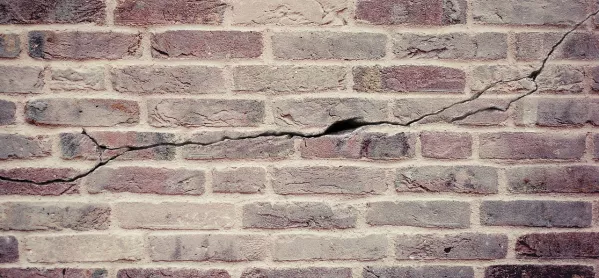I recently read an article that ranked professions in terms of how trusted they were by the general public. Predictably, politicians stood at the bottom of the table, but I was surprised to see teaching coming third alongside doctors, nurses and the police.
In my experience and through conversations with other fellow professionals, I don’t get the feeling that teachers feel very trusted at all.
Surely, qualified professionals can make judgements without being questioned or asked to justify their decisions, but we are questioned every day - by parents.
When I was in primary school, if you got into trouble, the teacher was backed up 100 per cent. In fact, if your parents did find out you had been told off at school you were liable to be told off again at home.
Are teachers still as trusted as they used to be? I don’t think so.
Shifting the blame
You could argue parents are right to question a teacher’s version of events. When my sister was nine she got into serious trouble at primary school for spitting at another child.
Speaking to her about this incident recently (she is now 33) she remembers it very well and still protests her innocence, claiming it was part of a game of blowing raspberries and not intentional.
This was not the view of the headmaster, who phoned my dad to talk about the incident. My dad was very cross indeed. Not with the school for not believing my sister’s versions of events, but with my sister for getting in trouble and then trying to lie her way out of it.
If my sister’s version was correct, you might say she was harshly treated. However, my sister learned from this, was never in any serious trouble again and is now a doctor.
The reaction of parents to their children getting into trouble now can be quite a stark contrast. They can sometimes look for someone else to blame other than their child, especially if the child has a different interpretation of the events. Sometimes the blame can be aimed at another child in the class.
I have had conversations with parents after issuing warnings to their children where my judgement has been questioned because the child has changed their story or left out the most important part to avoid getting into trouble. The onus of proving the accusation was on me, not on the child disproving it.
Lack of trust
It is not only behaviour management that is questioned. During an ill-tempered parent’s evening, one of my colleagues was once asked whether they had read the new curriculum. Another one of my colleagues had a parent who questioned the validity of a teacher assessment and externally marked test scores. I have many more stories like these from many different schools.
I am not asking for a free reign, but I am asking that we at least get some trust. This would allow me more time to do what I actually love: teach.
Unfortunately, I think the issue may be wider than schools. My sister says that patients often question the advice she gives them. I think people are less trusting these days because they don’t have to be. You no longer have to take people at their word. If you want to check something you can go online and second opinions are all too readily available if you don’t like the first.
I wouldn’t want a situation where professionals were rarely questioned about the decisions they take, because there have been incidences in the past where things have happened where questions should have been raised. However, at the moment I feel it is too frequent.
The vast majority of teachers are doing their best. Teachers are more tightly monitored than we have ever been by senior management, school governors and governing bodies such as Ofsted. If we are given a bit more freedom and trusted to make and prioritise decisions, we can make more of the right decisions and have a greater positive impact.
The writer is a primary teacher in the north of England
Want to keep up with the latest education news and opinion? Follow Tes on Twitter and like Tes on Facebook




